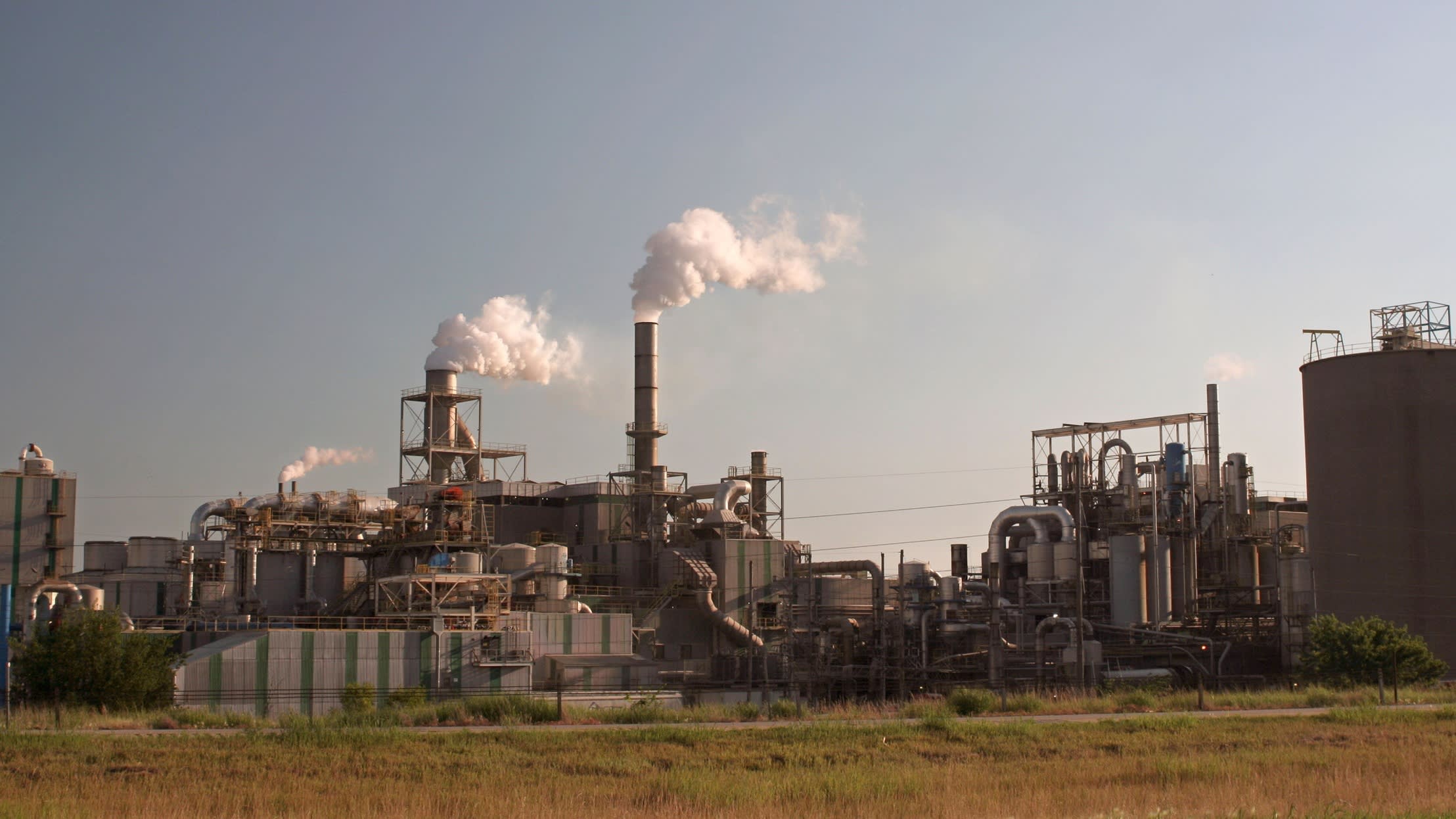influence of US subsidies on the worldwide biofuel market
The implementation of US subsidies has profoundly transformed the worldwide biofuel market, providing a competitive advantage to American enterprises. These subsidies have allowed US companies to manufacture biofuels at reduced costs, enabling them to present more competitive pricing on a global scale. Consequently, the US has experienced a rise in biofuel exports, establishing itself as a leading player in the market.
This transition has generated heightened pressure on the biofuel sectors of other nations, especially those lacking analogous governmental assistance. The cost benefits enjoyed by US manufacturers have posed significant challenges for non-subsidized rivals to uphold their market shares. As a result, numerous international biofuel manufacturers are finding it increasingly difficult to compete, encountering diminished profitability and possible market exits.
In addition, the arrival of less expensive US biofuels has unsettled conventional trade patterns, compelling countries to rethink their import approaches. This situation has ignited discussions on trade policies and the long-term viability of heavily relying on subsidized imports. The consequences of US subsidies are apparent as they affect global pricing frameworks and trade balances, potentially reshaping the biofuel industry’s landscape globally.
“The US subsidies not only strengthened domestic manufacturing but also established a benchmark that may encourage other countries to reevaluate their positions on biofuel assistance,” remarked a prominent industry analyst.
The strategic implementation of subsidies by the US has initiated a shift in the global biofuel market, highlighting the critical role of policy choices in influencing international trade dynamics.
obstacles encountered by the UK ethanol sector
The UK ethanol sector is currently maneuvering through a challenging environment, worsened by the competitive pressures arising from US biofuel subsidies. These subsidies have heightened the influx of more affordable American ethanol into the UK market, putting local manufacturers under strain, especially as they contend with elevated production costs and rigorous regulatory demands.
A primary challenge is the cost difference. UK ethanol manufacturers deal with higher operational expenses compared to their US counterparts, who benefit from economies of scale and government backing. This financial pressure is intensified by the UK’s environmental regulations, which, while encouraging sustainability, impose additional compliance costs that further diminish profit margins.
Furthermore, the UK ethanol industry faces challenges related to market access and distribution. The prevalence of US imports has resulted in decreased demand for domestically-produced ethanol, compelling UK firms to engage in fierce price competition, often at unsustainable levels. This has created a fragile situation where retaining market share becomes increasingly challenging without incurring losses.
Moreover, the ambiguity surrounding future trade agreements following Brexit introduces another element of complexity. The possibility of new tariffs and trade barriers generates an unpredictable landscape, complicating long-term strategies for UK ethanol producers.
“The surge of US ethanol jeopardizes the very existence of our domestic industry,” stated a UK ethanol producer, emphasizing the urgent need for strategic measures.
As the UK ethanol industry grapples with these multifaceted challenges, there is a growing demand for government support to create a more equitable environment. Industry stakeholders are pushing for policy initiatives that could encompass subsidies, tax advantages, or regulatory modifications to strengthen the domestic market against the wave of foreign competition. Absent such assistance, the future of the UK ethanol industry remains precarious as it strives to endure in an increasingly cutthroat global market.
